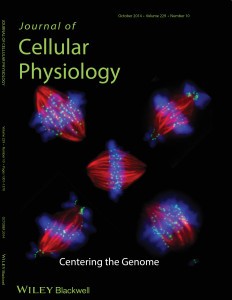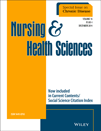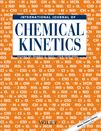 An article that ranked University of Missouri-Kansas City number one in an area of business school training is set to receive an expression of concern. The move follows months of questions over the ranking’s legitimacy, following revelations such as a relationship between the authors and both the school and its top ranked researcher in the field.
An article that ranked University of Missouri-Kansas City number one in an area of business school training is set to receive an expression of concern. The move follows months of questions over the ranking’s legitimacy, following revelations such as a relationship between the authors and both the school and its top ranked researcher in the field.
In 2011, the business world got a bit of a surprise: In the field of innovation management, the study of how entrepreneurs convert good ideas into profit, the number one school – according to an article in the Journal of Product Innovation Management — was UMKC. Not Harvard, not Stanford, not any other institution that normally tops these types of rankings. UMKC’s Henry W. Bloch School of Management was also home to the number one researcher in that field, Michael Song.
The school, of course, was elated, immediately issuing a press release titled “UMKC Ranked No. 1 in the World.”
But after publication, a UMKC professor raised concerns about the paper’s methodology. An investigation by the Kansas City Star uncovered some issues:
Continue reading Troubled article ranking business schools earns expression of concern








